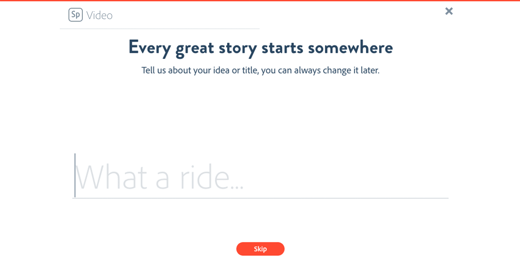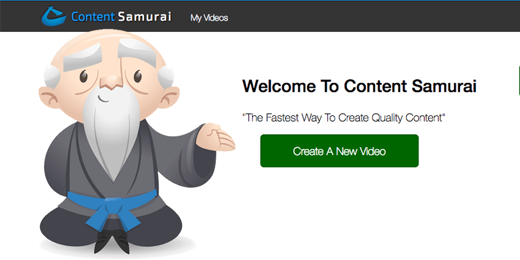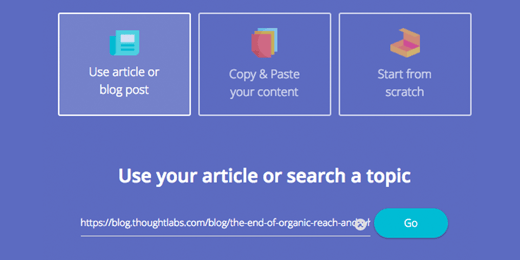If you manage a community on Facebook, I'm sure you've noticed that advertising is only becoming more and more essential to compete with the noise other brands are making as everyone makes a land grab for prime spots in their community member's newsfeeds. If you have any experience with Facebook advertising, you've almost certainly noticed that without targeting, those ads will usually go to the lowest bidder. If you're trying to reach Facebook users in India, Indonesia, Egypt, or the Philippines then this is great news for you, but for everyone from small, local businesses to multinational corporations, this is a problem. Luckily, it's a problem that's easily addressed by targeting your posts and ads.
Now, there's nothing difficult about the act of targeting posts or ads through Facebook, but where you really start to harness the power of targeting is when you track your results, benchmark against yourself, and develop experiments to better understand each segment of your community that you want to target, so that your results are always improving. My In-depth Guide to Targeting Posts on Facebook will teach you how to do this step-by-step, but for today lets just start with a look at why you would want to target your posts.
1. Reach a More Relevant Audience in your Community
Chances are your brand is on Facebook because you're trying to build awareness for your brand, position people in your company as thought leaders, and sell products/get downloads. In order to do all of these things, you need your content to reach the right people, both in your community and throughout the Facebook ecosystem. Your local PC repair shop isn't gaining credibility with potential customers if it's only people in South-East Asia who see your awesome blog posts, nor is a corporation with an expensive consumer product going to get much traction when their links are mostly clicked by teenagers in third-world countries.
The takeaway here is simple: You shouldn't be measuring reach and engagement on your posts as a whole, but breaking it down by segments to understand who you're reaching, how they're engaging, and whether or not that engagement is leading to anything meaningful (downloads, sales, etc).
2. Learn More About Your Community
You can't execute anything effectively if you don't understand your community. Targeting your posts, and more importantly, tracking the results and designing experiments based on what you learn, will teach you more about the individual interests of the people you're trying to reach. Don't rely on marketing whitepapers, generalization, or third-party data to understand the segments in your community. Nothing is going to apply more to your community than first-hand data that comes directly from interacting with them.
To give a practical example, when analyzing data for one of our clients, I noticed that a particular country we wanted to reach almost never engaged with our content. My first thought was that maybe the timing of the posts were no good for reaching them, but after looking into that, I realized that the timing for at least one of our daily posts should be great for them. As I looked into the data more, I saw an explosion of interaction from this country on a particular post, and as I dug deeper I noticed this particular country was always really active with this particular topic. Of course, this was a great insight that allowed me to begin creating more effective targeting experiments to reach this segment of the community.
The takeaway: Nothing is more valuable to you than the data you can gather from your own interactions with your community. Targeting will provide you with a treasure-trove of useful data that teaches you more about your community and your customers.
3. Accomplish Meaningful Results
Getting general reach and engagement on your content is great for your community as a whole, but it doesn't provide much in the way of meaningful results for your business. If you want to effectively market your products or services to your community, you need to understand which parts of your community will be receptive to each of those products and services, and you need to understand them well enough that you can do this without harming the health of your community by pushing too hard or too often. These are all things that general experiments can tell you about your community as a whole, but if you can learn more about the individual groups within your community, you'll understand your community on a deeper level, and this will allow you to drive more downloads, purchases, whatever, from your community, than you could before.
The takeaway: General experiments will teach you a lot about your community as a whole, but targeting experiments will take that understanding to a new level, and if done correctly and consistently, they can take your results to a new level as well.
Tomorrow, we'll look at how to get started with your targeting experiments using valuable data you already have access to!
Oct 22, 2013


